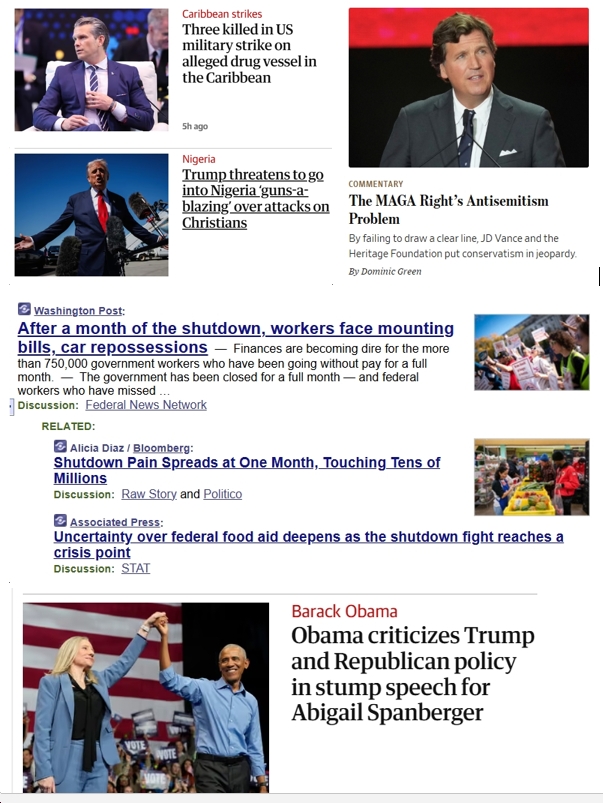See below for a statement from the Virginia Education Association, which unlike Glenn Youngkin actually knows something about – and supports, rather than tries to destroy – public education!
VEA Challenges Administration Spin on SOL Test Results
September 7, 2023
Dr. James J. Fedderman, President of the Virginia Education Association, released the following statement in response to the official release of the results of the Standards of Learning (SOL) state assessment today and press conference by Governor Youngkin’s administration:
“For the second year in a row, rather than take accountability for his administration’s failures, Governor Youngkin continues to blame languishing SOL scores on anyone but himself. The governor came into office promising to transform public education, but after two years all he has to show is a string of bungled proposals, administrative scandals, a proposed budget with cuts to K-12 spending in the second year, and stagnating test results. No amount of scapegoating, whitewashing, and finger-pointing will erase those facts. We need lawmakers to come together in the coming year to adequately resource programs for intensive tutoring, reading specialists, and proven attendance interventions, rather than just paying lip service to the ideas.”
Additional Perspective on Governor Youngkin’s Press Conference and “Plan” for Learning Loss
Standards of Learning (SOL) tests are given in the spring to measure student achievement for various subjects and grade levels. On September 1, the Richmond Times Dispatch released statewide results from the most recent tests given in spring 2023. For at least the past 19 years, the state has released SOL results in August. The results released today match the data the Richmond Times Dispatch released, despite the Youngkin administration claiming the data was being delayed for corrections. The Youngkin administration released results last August blaming his predecessor for slow growth and recovery, however, with results showing a loss of momentum this year, the administration simply chose to delay the release, pivot the conversation to attendance, and make misleading claims about the past administration “lowering standards” without providing context. The administration’s basis of saying “standards were lowered” by the last administration stems from a very technical decision to add more difficult questions to certain SOL tests and adjust the cut scores to yield similar pass rates, as has happened. Surely, high-level officials in the administration must understand this process and realize how deceptive they appear by asserting that there was a deliberate attempt to “lower standards” by the previous administration. It’s shameful they have the gall to continue pushing this obviously false narrative to deflect blame from themselves.
While we agree that high-dosage tutoring and additional reading specialists are key to improving results, school division leaders have understood this and have been working to find people to staff these positions with their federal relief dollars. The major barrier isn’t a lack of awareness that these are effective approaches, but rather finding the staff to implement the programming. The governor offers no solution other than pointing to one-time money from the state budget and suggesting school divisions use it to implement these programs. The reason the state budget has so little new ongoing K-12 funding – the type of funding that can attract workers to hard-to-staff positions like tutors or reading specialists – is that this governor and his party fought tooth-and-nail for massive tax giveaways to profitable corporations and wealthy individuals over funding schools. Indeed, in the first year the governor had the chance to propose a budget, he cut real funding for K-12 for the current school year in order to pay for his tax breaks. This governor has worked hard to undermine the type of permanent funding that could attract tutors and reading specialists and now offers a feeble plan without adequate resources – telling divisions to start providing 3-5 hours a week of high-dosage tutoring to all students by October 16th this year. This expectation without adequate resources is delusional and just a soundbite for him. School divisions deserve ongoing funding and a real plan to address the main barrier to implementing high-dosage tutoring and the Virginia Literacy Act, which is staffing.
In addition, the VDOE has launched a campaign called Attendance Matters to encourage students to attend school more regularly. This administration has done nothing to substantially resource this initiative, and has worked against the Senate budget which had additional funding for school attendance positions. We all acknowledge attendance is critical, but we need funding for parent liaisons, community school models, support staff positions dealing with attendance, and other proven approaches to get students in the door. We know that LGBTQ+ students are one of the most likely groups to be chronically absent since they often report not feeling safe in school. Governor Youngkin’s policies have only led to more fear and safety hazards for these students attending school regularly. The lack of funding and making school less safe for certain students begs the question of how serious he is about improving attendance.
Lastly, we found the discussion and criticism of pandemic-related virtual education unfair and unsympathetic. None of us thought restricting in-person instruction during the pandemic would be beneficial to student outcomes. It’s clear from numerous public health studies that schools that chose full in-person instruction during periods of high COVID rates contributed to significant community spread and mortality. This was not an easy concession by any means. Any commentary on the subject of student harm should be tempered with the very real and somber reality of the trade-off for human life. Presenting this choice without the context is callous and misrepresents the intent of educators and school leaders, which was always to get students back in the classroom as soon as possible. If the administration truly feels schools were kept remote for too long, then they should tell us, so we can prepare for future health crises, what would have been an acceptable mortality rate for school employees to return to in-person instruction sooner and when should that have been? It’s too easy to say kids should have been in school. This was a complex public health challenge, and if the administration is willing to make these statements, they should tell the public what their acceptable death threshold would have been.
Additional Information on SOL Test Results
Average pass rates are up in science and math from the previous year, but there is no change for reading and writing, and a slight dip for history. Student groups who lost the most ground during the pandemic due to additional learning barriers remain far behind pre-pandemic pass levels. The stalling out of pass rates is troubling and cannot be accepted as the new status quo. Because Virginia spends so little on students compared to most other states, pays among the least competitive average teacher pay in the country, and barely accounts for student need in its state funding formula for schools, the highly unequal results are by design and not a surprise. This summer, the nonpartisan legislative research arm of the General Assembly completed a year-and-a-half study on the state funding formula and noted similar findings. The report offered a road map for critical investments needed to live up to the bare minimum standards the state has set for itself, which would cost more than $4 billion annually. Fortunately, Virginia is a relatively rich state and has the capacity to fund these critical investments. Dr. James J. Fedderman, President of the Virginia Education Association noted, “The only ingredient missing in Virginia to meet all student needs is political will.”

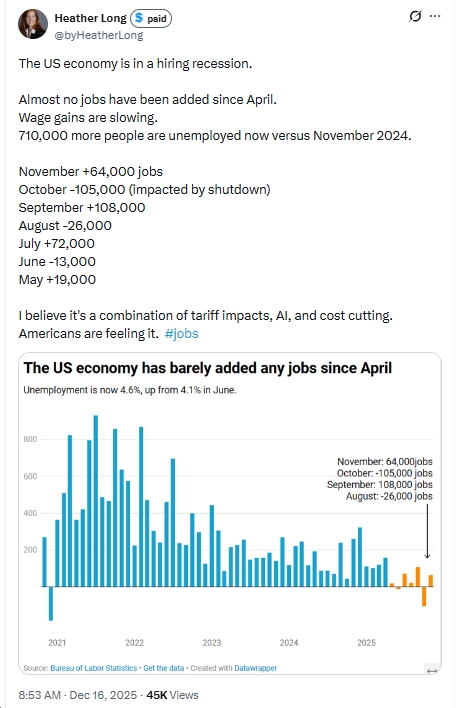
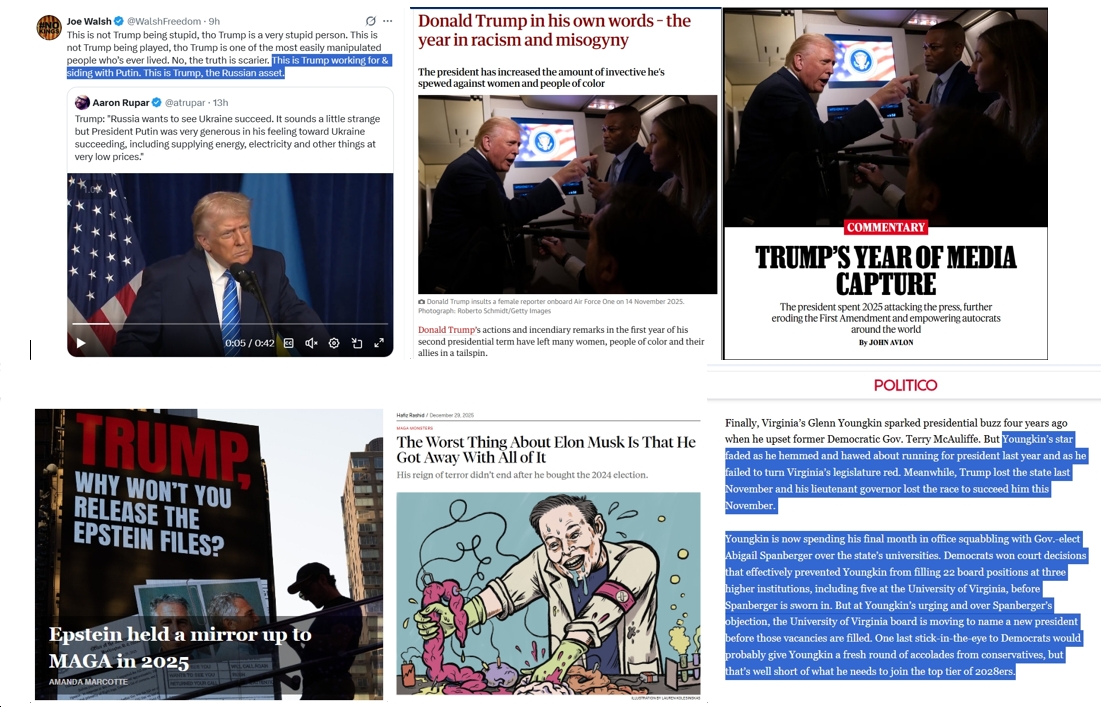
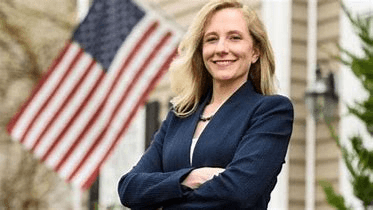
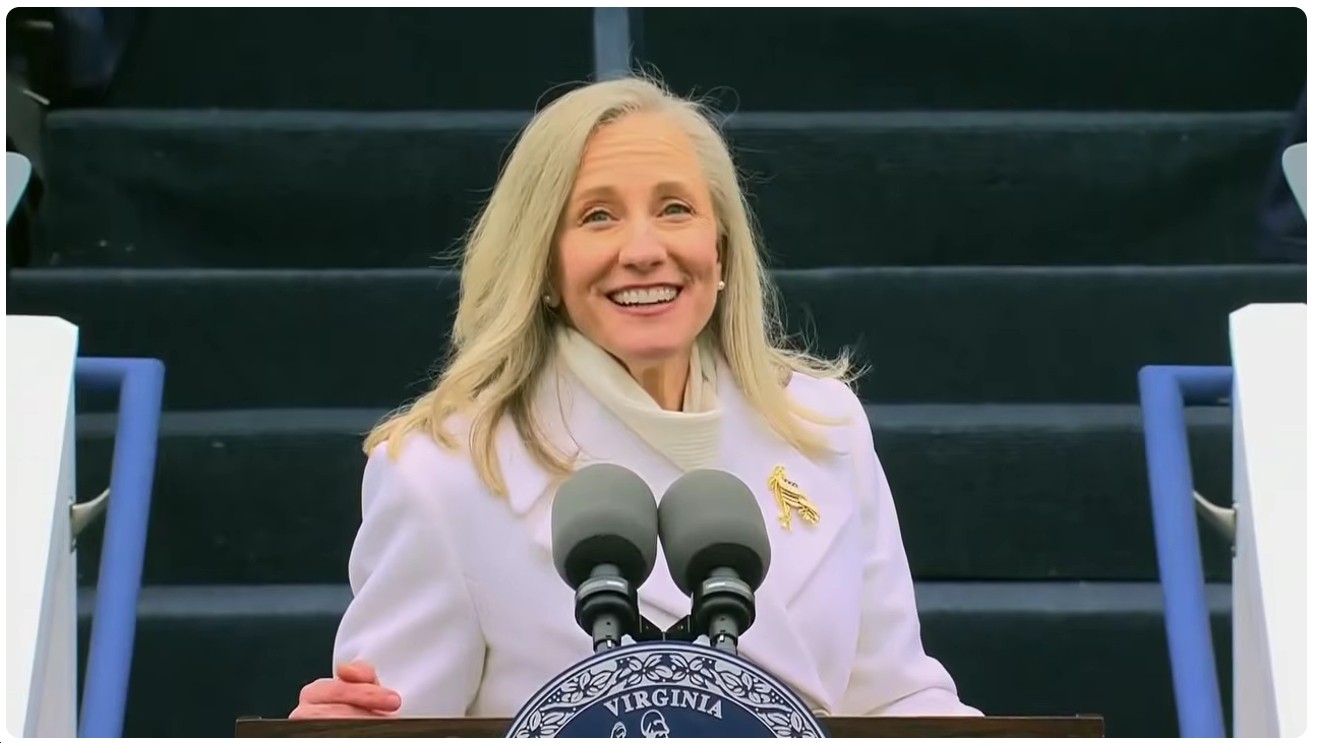
![Monday News: “Tillis Savages ‘Misinformed’ Trump for ‘Betraying’ Voters”; “Trump’s [Budget] Bill Will Destroy America’s Climate Progress” – and MUCH More!; “What the University of Virginia Should Have Done”; Map of Walkinshaw’s Dominant Victory in VA11](https://bluevirginia.us/wp-content/uploads/2025/06/montage0630.jpg)
